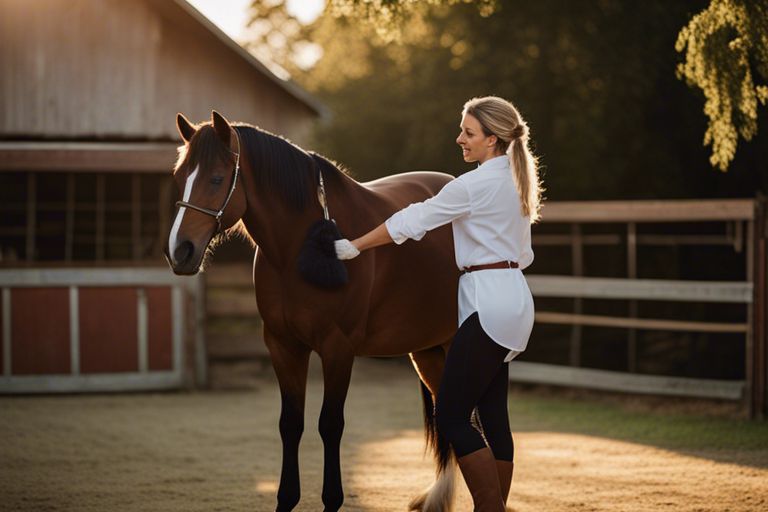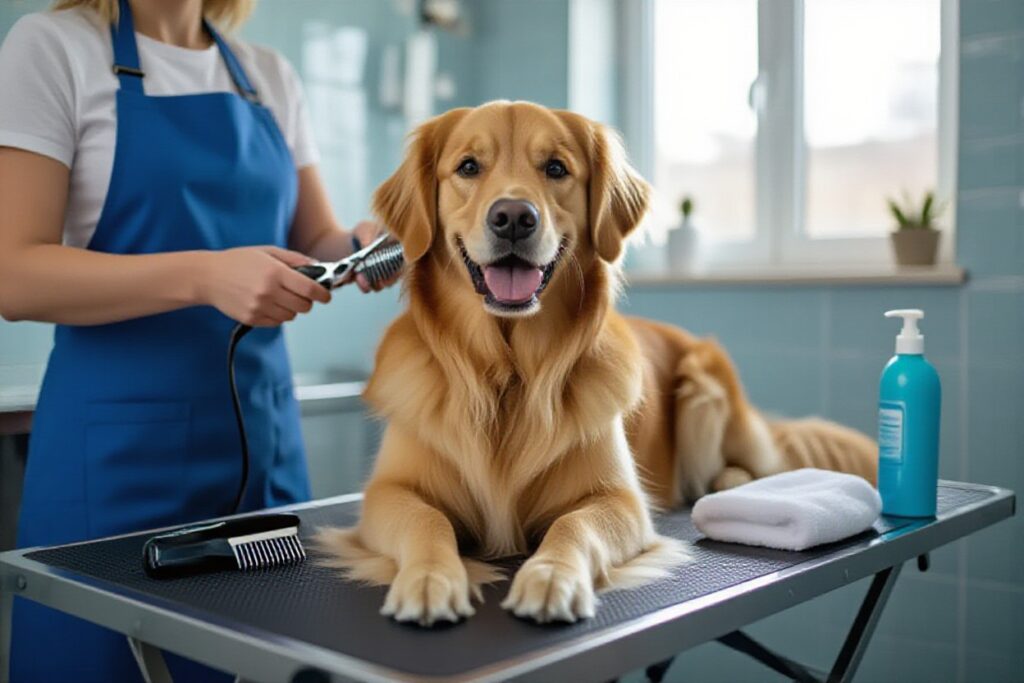Horse care is a crucial aspect of responsible horse ownership, and ensuring your equine companion’s well-being is important. From nutrition to grooming, here are 10 key tips to help you provide proper care for your horse. While each horse has unique needs, following these guidelines will set a strong foundation for maintaining your horse’s health and happiness.
Regular Health Check-Ups
Schedule routine vet
While owning a horse, it is imperative to schedule regular veterinary check-ups to ensure the overall health and well-being of your equine companion. These check-ups allow the vet to assess your horse’s weight, teeth, hooves, and overall condition. This proactive approach can help detect any potential health issues before they become serious problems.
Monitor for illnesses
Regular monitoring for illnesses is crucial in maintaining the health of your horse. Pay close attention to any changes in behavior, appetite, or physical appearance. If you notice any signs of illness, such as coughing, lethargy, or skin abnormalities, it is important to contact your vet immediately for further evaluation and treatment.
Schedule regular health checks and vaccinations for your horse to prevent common illnesses and diseases. Proper vaccination protocols can help protect your horse from potentially life-threatening conditions such as tetanus, influenza, and West Nile virus. Consult with your vet to create a customized health care plan that meets the specific needs of your horse.
Balanced Diet
Provide Quality Forage
It is vital to ensure that your horse’s diet includes high-quality forage such as grass or hay. Horses should have access to forage throughout the day to mimic their natural grazing behaviors. Good quality forage not only provides vital nutrients but also aids in maintaining healthy digestion and dental health.
Add Supplements Accordingly
To ensure your horse is receiving all the necessary vitamins and minerals, it may be necessary to add supplements to their diet. However, it is important to consult with a veterinarian or equine nutritionist before adding any supplements. They can help determine if there are any deficiencies in your horse’s diet and recommend the appropriate supplements in the correct dosage.
Quality supplements should be chosen based on the specific needs of your horse, taking into consideration factors such as age, activity level, and overall health. It is important not to over-supplement, as this can lead to imbalances and potential health issues.
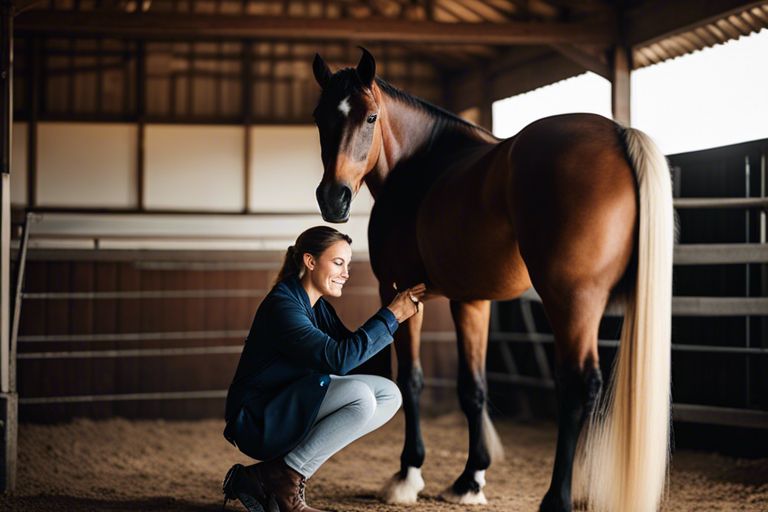
Adequate Hydration
Fresh water availability
You’ll want to ensure your horse has access to fresh, clean water at all times. Horses can drink up to 10-12 gallons of water per day, so it’s important to regularly check and refill their water troughs or buckets to prevent dehydration.
Monitor intake levels
Now, it’s not just about providing water, but also monitoring how much your horse is actually drinking. Keep an eye on the water levels in the trough or bucket to gauge their intake. If you notice a significant decrease in water consumption, it could be a sign of an underlying health issue.
You can also monitor your horse’s hydration levels by observing their skin elasticity and the moistness of their mucous membranes. If their skin takes longer to return to normal after being pinched or their gums appear dry, it may indicate dehydration.
Shelter and Comfort
Clean, dry stable
While providing a clean and dry stable for your horse may seem like a basic necessity, it is crucial for your horse’s health and well-being. A proper stable will help prevent respiratory issues, skin problems, and hoof ailments. Make sure to muck out the stalls regularly, provide clean bedding, and ensure proper ventilation to keep your horse comfortable and happy.
Protection from elements
An imperative aspect of proper horse care is protecting your horse from the elements. Extreme weather conditions can cause stress and health issues for your horse. Ensure that your horse has access to shelter from the sun, wind, rain, and snow. Providing a well-constructed shelter or turnout shed can offer your horse a safe and comfortable place to seek refuge from harsh weather conditions.
Any outdoor areas where your horse spends time should have adequate protection from the elements. This includes making sure that there are no sharp edges or protruding objects that could cause injuries. Additionally, ensure that water troughs are not frozen in the winter and provide access to clean, fresh water at all times to keep your horse properly hydrated.
Exercise and Training
Daily physical activity
For optimal health and wellbeing, it is crucial to ensure your horse receives daily physical activity. This can include turnout time in a pasture, lunging exercises, or ridden work. Regular exercise helps maintain muscle tone, aids digestion, and promotes overall cardiovascular health. Be mindful of your horse’s individual needs and fitness level when planning their exercise routine.
Mental stimulation exercises
While physical exercise is vital, mental stimulation is equally important for a well-rounded training program. Incorporating activities that challenge your horse’s mind, such as ground pole work, trail rides, or introducing new obstacles in the arena, can help prevent boredom and improve their focus during training sessions. Mental stimulation exercises can also strengthen the bond between you and your horse.
Engaging your horse’s mind through various exercises not only keeps them mentally sharp but also enhances their problem-solving skills and overall emotional well-being. These activities can be a fun way to break up the routine and keep your horse stimulated and engaged in their training.
Hoof Care
Regular trimming, shoeing
For optimal hoof health, regular trimming and shoeing are necessary for your horse. Trimming helps maintain the proper length of the hoof and ensures the weight is distributed evenly. Shoeing protects the hooves and provides support, especially for horses with high activity levels or specific hoof issues.
Check for problems
With daily grooming, take the time to inspect your horse’s hooves for any signs of problems. Look out for cracks, chips, or any abnormalities in the hoof. Regularly pick out the hooves to remove any debris that may cause discomfort or infections.
Regularly checking your horse’s hooves for problems can help prevent more serious issues down the line. If you notice any signs of lameness, excessive wear, or unusual changes in your horse’s gait, consult with a professional farrier to address the issue promptly.
Proper shoeing is crucial for maintaining your horse’s hoof health. It is recommended to work with a qualified farrier to determine the best shoeing schedule and type of shoes for your horse’s specific needs. Regular shoeing can prevent injuries, promote proper hoof growth, and ensure your horse remains sound and comfortable.
Dental Maintenance
Annual teeth check
For proper horse care, it is crucial to schedule an annual teeth check with a qualified equine dentist. Regular dental exams can help ensure your horse’s teeth are healthy, free of sharp points, and properly aligned. Addressing any issues early can prevent discomfort and potential dental problems down the line.
Address dental issues
With horses, dental issues can arise due to factors like uneven wear, sharp points, or dental diseases. It is important to address any dental issues promptly to prevent eating difficulties, weight loss, or behavioral changes in your horse. Consult a professional equine dentist if you notice signs of dental problems such as dropping feed, reluctance to accept the bit, or excessive salivation.
Any dental procedures should be performed by a qualified equine dentist who has the necessary training and experience. Sedation and specialized tools may be required for certain procedures, so it is important to seek professional help to ensure the health and well-being of your horse.
Parasite Control
Deworming schedule adherence
You’ll want to ensure that you strictly adhere to a deworming schedule recommended by your veterinarian. Parasites can wreak havoc on a horse’s digestive system and overall health if left unchecked. Missing or delaying deworming treatments can lead to serious health issues in your horse.
Fecal exams regularly
Regularly conducting fecal exams is crucial in determining the parasite load in your horse’s system. By analyzing fecal samples, your veterinarian can identify the specific parasites present and tailor a deworming program to target them effectively. These exams should ideally be done every 2-3 months to ensure the health and well-being of your horse.
You can also discuss with your veterinarian about performing a fecal egg count reduction test to assess the effectiveness of your current deworming program. This test helps in determining if the parasites are developing resistance to the dewormers being used, allowing for adjustments to be made to the treatment plan accordingly.
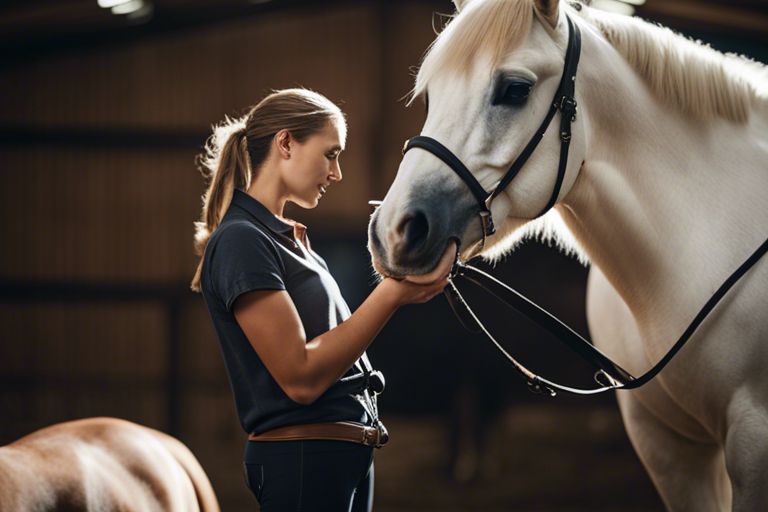
Grooming and Hygiene
Brush coat frequently
Many equine enthusiasts know that keeping your horse’s coat clean and well-groomed is important for their overall health and well-being. Brushing your horse regularly not only helps to distribute natural oils for a healthy shine but also allows you to check for any injuries, parasites, or skin irritations that may need attention.
Bathe as necessary
You should bathe your horse as needed to maintain proper hygiene, but be mindful not to overdo it. While some horses may require frequent bathing due to skin conditions or heavy sweating, others may only need a bath occasionally. When bathing your horse, use a gentle equine shampoo and be sure to thoroughly rinse to avoid any skin irritation.
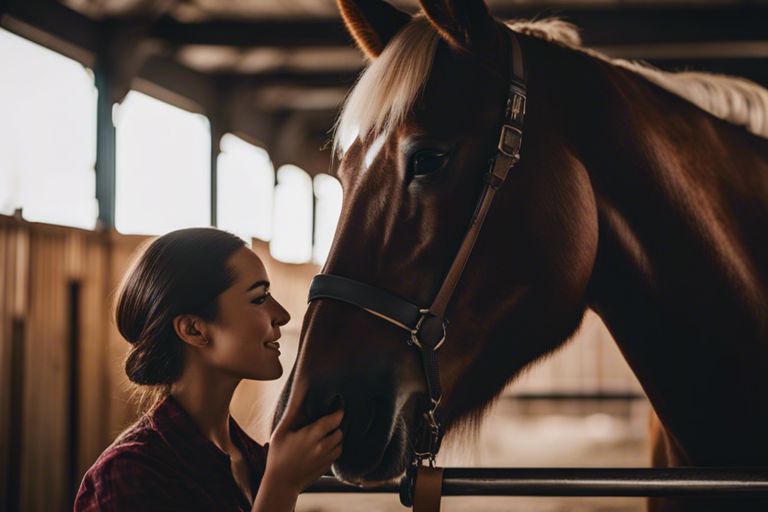
Social Interaction
Allow herd companionship
Now, social interaction is crucial for horses’ well-being. One vital aspect of horse care is to allow them the opportunity to engage in herd companionship. Horses are naturally social animals, thriving in the presence of other horses. Providing your horse with the company of herd mates can help prevent loneliness, reduce stress, and promote a sense of security and belonging.
Human interaction vital
Now, you’ll find that while herd companionship is vital, human interaction is equally vital for proper horse care. Spending time with your horse, whether through grooming, riding, or simply bonding, strengthens the human-animal relationship. Interacting with your horse on a regular basis not only enhances trust and respect but also allows you to monitor their health and well-being closely.
It’s important to remember that horses are intelligent beings that value human connection. Building a strong bond with your horse can lead to better communication and a more fulfilling partnership. Make time for regular interactions with your horse to ensure their social and emotional needs are met.
Final Words
Ultimately, proper horse care is crucial for ensuring the health, happiness, and performance of your equine companion. By following these 10 necessary tips, you can establish a solid foundation for your horse’s well-being. Remember to provide a balanced diet, regular exercise, grooming, veterinary care, and a safe environment for your horse. With proper care and attention, you can develop a strong bond with your horse and enjoy many years of shared experiences together. Always prioritize the needs of your horse and stay informed about the latest advancements in equine care to ensure that your horse receives the best possible care.
FAQ
Q: Why is proper horse care important?
A: Proper horse care is crucial for maintaining the health, well-being, and performance of your horse. It helps prevent illnesses, injuries, and behavioral problems.
Q: How often should a horse’s hooves be trimmed?
A: Hooves should be trimmed every 6-8 weeks by a professional farrier to prevent issues like overgrowth, cracks, and lameness.
Q: What is the ideal diet for a horse?
A: Horses require a diet rich in high-quality forage, such as hay and grass, supplemented with grains, minerals, and vitamins as needed. Clean water should always be available.
Q: How often should a horse be exercised?
A: Horses should be exercised regularly, ideally for at least 30 minutes to 1 hour a day, to maintain their physical health, mental well-being, and prevent obesity.
Q: How can I ensure my horse’s living environment is suitable?
A: Ensure that your horse has access to a clean, spacious, and safe living environment with proper ventilation, shelter, and secure fencing. Regularly clean and maintain the stable or pasture.
